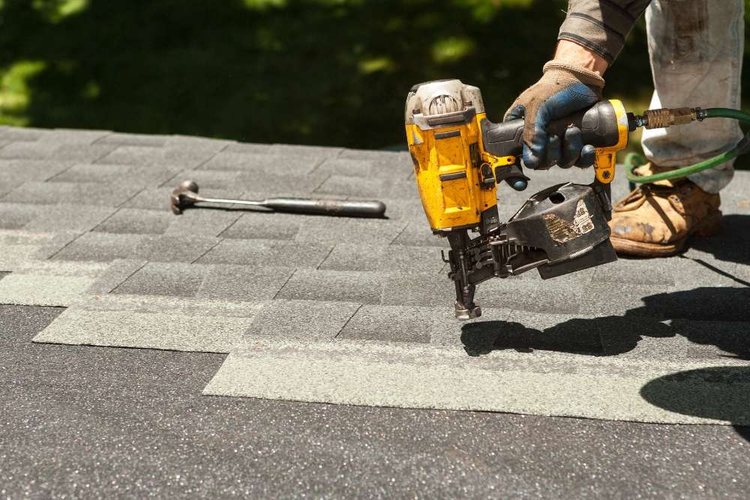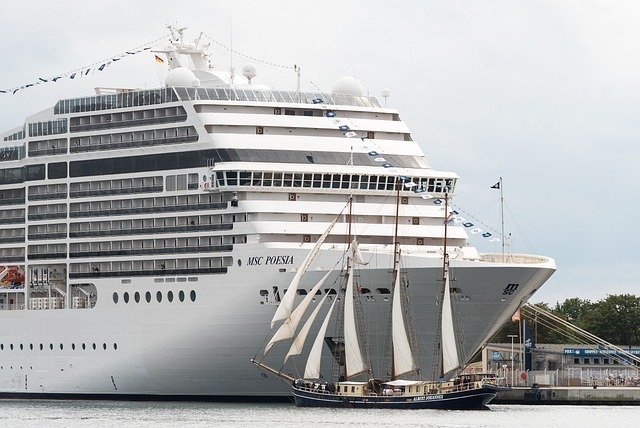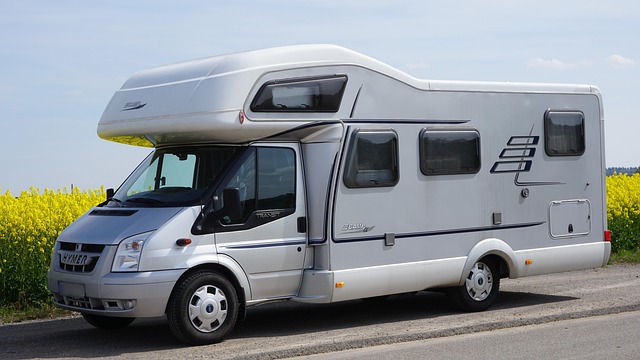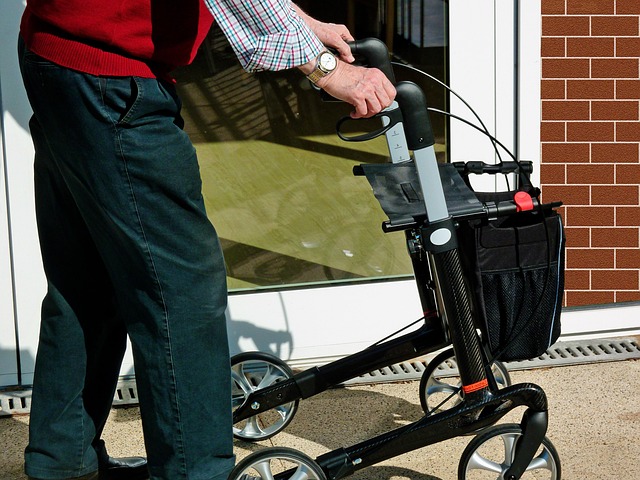Factors That Influence Metal Roofing Prices
Metal roofing prices vary depending on factors such as the type of metal, project size, roof complexity, labor costs, and additional structural needs. Various materials like steel, aluminum, and copper contribute to differences in pricing across regions and installation styles.

What are the primary types of metal roofing materials?
The type of metal used for roofing is one of the most significant factors affecting the overall cost. Common metal roofing materials include:
- Steel: Generally the most affordable option, steel roofing is durable and comes in various styles.
- Aluminum: Lightweight and corrosion-resistant, aluminum is slightly more expensive than steel.
- Copper: Known for its distinctive appearance and longevity, copper is among the most expensive metal roofing options.
- Zinc: Offering excellent durability and a unique patina over time, zinc falls in the higher price range.
Each material has its own set of advantages and price points, impacting the total cost of your roofing project.
How does roof size and complexity affect metal roofing prices?
The size and complexity of your roof play a significant role in determining the cost of metal roofing. Larger roofs naturally require more materials and labor, increasing the overall expense. Additionally, the complexity of your roof’s design can impact the price:
- Simple, straightforward roof designs with few angles and minimal penetrations (like chimneys or skylights) are generally less expensive to install.
- Complex roof designs with multiple slopes, valleys, and penetrations require more skilled labor and additional materials, driving up the cost.
Accurately measuring your roof’s square footage and considering its intricacies is essential for estimating the project’s total cost.
What role do labor costs play in metal roofing prices?
Labor costs can account for a substantial portion of your metal roofing project’s total expense. Several factors influence labor costs:
- Geographic location: Labor rates vary significantly across different regions and urban versus rural areas.
- Roof accessibility: Roofs that are difficult to access may require special equipment or safety measures, increasing labor costs.
- Removal of existing roofing: If your project involves removing an old roof, this additional labor will add to the overall expense.
- Contractor expertise: Highly skilled and experienced contractors may charge more for their services but often provide superior workmanship.
It’s important to obtain quotes from multiple reputable contractors in your area to get a clear picture of local labor costs.
How do additional structural requirements impact metal roofing costs?
In some cases, installing a metal roof may require additional structural support or modifications to your home. These requirements can significantly affect the overall project cost:
- Reinforcement: Some homes may need additional support to bear the weight of a metal roof, especially when switching from lighter roofing materials.
- Underlayment: A proper underlayment is crucial for metal roofing installation, and its quality and type can impact the total cost.
- Insulation: Upgrading insulation during roof installation can improve energy efficiency but will add to the project’s expense.
- Ventilation: Proper attic ventilation is essential for metal roofs, and installing or upgrading ventilation systems will affect the overall cost.
Consulting with a roofing professional can help you determine if your home requires any of these additional structural modifications.
What other factors can influence metal roofing prices?
Several other elements can impact the cost of your metal roofing project:
- Metal roofing style: Options like standing seam, metal shingles, or corrugated panels vary in price.
- Color and finish: Special coatings or custom colors may increase the cost of materials.
- Energy-efficient features: Cool roof coatings or integrated solar panels can add to the initial expense but may offer long-term savings.
- Warranties: Extended warranties or premium coverage options may come at an additional cost.
- Seasonality: Roofing prices can fluctuate based on demand, with peak seasons often seeing higher prices.
Consider these factors when planning your budget and discussing options with roofing contractors.
How much does metal roofing typically cost?
To give you a better understanding of metal roofing prices, let’s look at some average cost estimates for different metal roofing materials. Keep in mind that these figures are general estimates and can vary based on your location and specific project requirements.
| Metal Roofing Material | Average Cost per Square Foot (Installed) |
|---|---|
| Steel | $7 - $12 |
| Aluminum | $9 - $16 |
| Copper | $14 - $25 |
| Zinc | $12 - $20 |
Prices, rates, or cost estimates mentioned in this article are based on the latest available information but may change over time. Independent research is advised before making financial decisions.
For a typical 2,000 square foot roof, you can expect the total cost of a metal roofing project to range from $14,000 to $50,000, depending on the material chosen and other factors discussed in this article. It’s important to note that while metal roofing may have a higher upfront cost compared to traditional asphalt shingles, its longevity and energy efficiency can often result in long-term savings.
In conclusion, metal roofing prices are influenced by a complex interplay of factors, including material choice, roof size and complexity, labor costs, and additional structural requirements. By considering these elements and obtaining detailed quotes from reputable contractors, you can make an informed decision about whether metal roofing is the right choice for your home and budget.
The shared information of this article is up-to-date as of the publishing date. For more up-to-date information, please conduct your own research.




